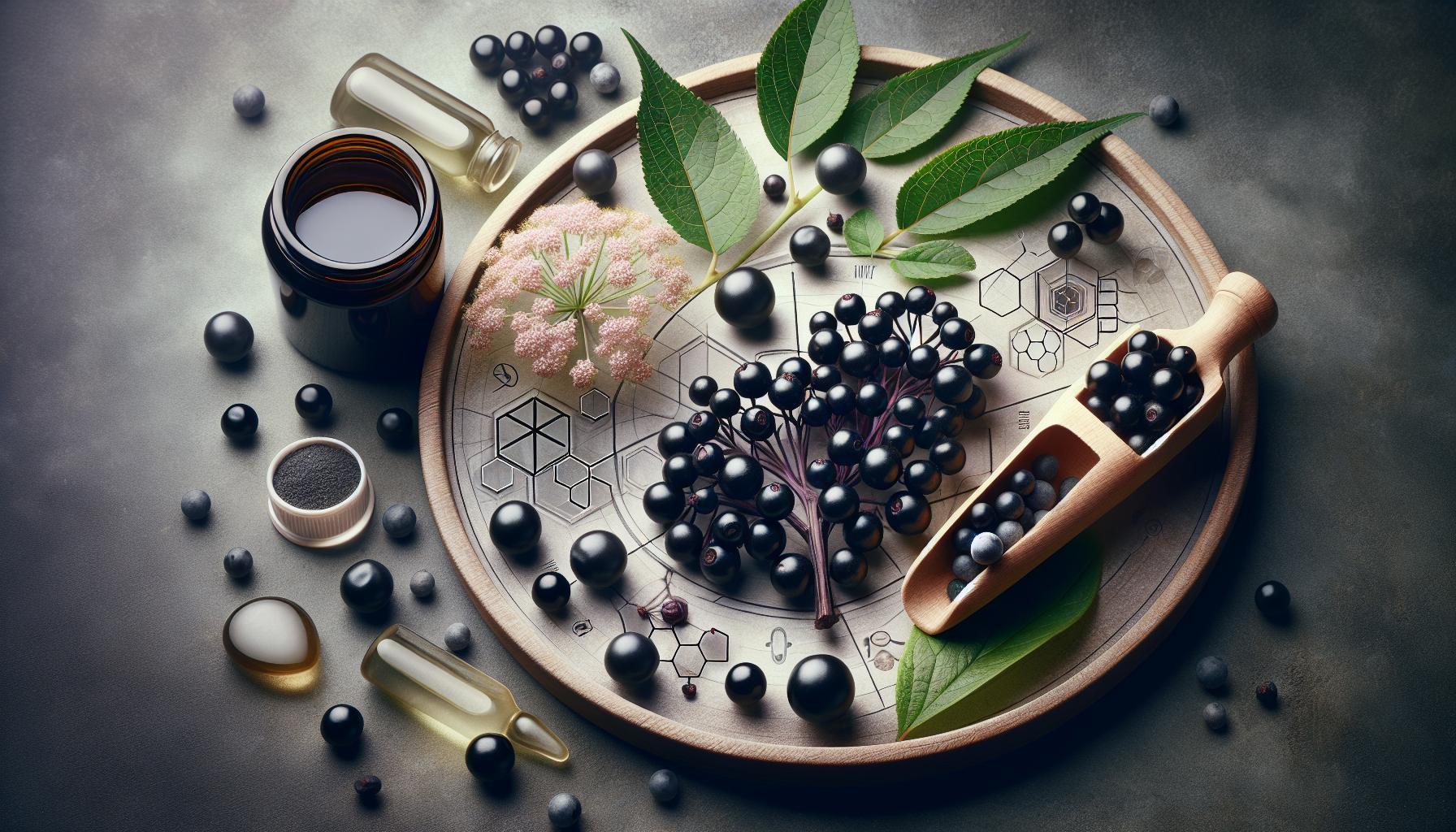
What do cancer patients need most?
15 Essentials for Chemotherapy Comfort A button-down or V-neck shirt, A support buddy, The comforts of home, Entertainment, Anti-diarrhea medication, Ginger tea or candy, Mints or sour candy, Plastic utensils
Introduction
We are often inquisitive about natural remedies for our health concerns. One such query that frequently comes up is, ”Might Elderberry have cancer-fighting effects?” In short, there have been some preliminary discussions suggesting that Elderberry may possess certain compounds that could potentially slow the growth of cancer cells. But, as we all know, the devil is in the details. The complexity of cancer and the versatile nature of Elderberry make it a topic worth investigating. In this article, we’ll delve into the nuances of Elderberry, explore it’s suggested benefits for cancer, discuss what the research says, and answer your most frequently asked questions.
The Elderberry Essentials
Elderberry, a humble fruit from the Elder tree, boasts an illustrious history of use in traditional medicine. Its reputation as a curative wonder comes from its rich antioxidant profile.
The Makeup of Elderberry
These small, dark berries are packed with anthocyanins – a type of compound with potent antioxidant ability. To visualize its potential impact, imagine Elderberry as an army of antioxidants, ebbing away at the invading swarm of free radicals.
Elderberry and Cancer – A Connection?
While it would be a stretch to claim that Elderberry is a cure-all for cancer, there’s some promising chatter that it could play a part in the fight against this dreaded disease.
A Theory Based on Antioxidant Activity
The potential link between Elderberry and cancer prevention largely hinges on its antioxidant activity. By buffering the damaging effects of free radicals, Elderberry may in theory help to reduce chronic inflammation and DNA damage, two key players in the initiation and progression of cancer.
Understanding the Scope
It’s crucial to acknowledge the chasm between theory and practice. The science around Elderberry’s cancer-fighting abilities is in its nascent stage, and a sizeable leap is required to move from theory to therapeutic application.
Elderberry as a Supportive Measure
At best, Elderberry may presently be seen as a natural addition to potentially support an overall healthy lifestyle or as an adjunct to conventional treatments, rather than a standalone cancer treatment.
The Ongoing Journey
The journey to unraveling all of Elderberry’s secrets is ongoing. Needless to say, it may hold immense promise. Continued research will help us better understand its full potential against cancer.
A Glimpse of Hope
While we tread cautiously, Elderberry’s antioxidant-rich composition provides a glimmer of hope that it may someday be proven a valuable ally in the fight against cancer.
Conclusion
When considering the question, “Might Elderberry have cancer-fighting effects?”, we conclude that while it’s too soon to stamp it as a confirmed cancer fighter, Elderberry holds potential. Like a promising star in the night sky, we await further scientific research to answer this query more definitively.
Frequently Asked Questions
1. Is Elderberry safe to consume?
Yes, Elderberry is generally safe to consume. However, raw elderberries need to be cooked before consumption as they contain toxic compounds.
2. Can Elderberry supplement an existing cancer treatment?
While Elderberry is not considered a treatment for cancer, it can be viewed as a potential supportive measure to an overall healthy lifestyle thanks to its high antioxidant content.
3. Can I eat Elderberry daily?
Yes. In fact, consuming them daily can add to your overall antioxidant intake.
4. Are elderberry supplements as effective as the fruit?
Elderberry supplements are designed to provide a concentrated source of the beneficial compounds found in the fruit. They can be an effective way to consume Elderberry, especially for those who may not have access to fresh ones.
5. Are there any side effects to consuming Elderberry?
Consumption of cooked Elderberry is generally considered safe. However, consuming raw elderberries, leaves, stems, or unripe berries can lead to nausea, vomiting, or severe diarrhea due to the presence of toxic compounds.


